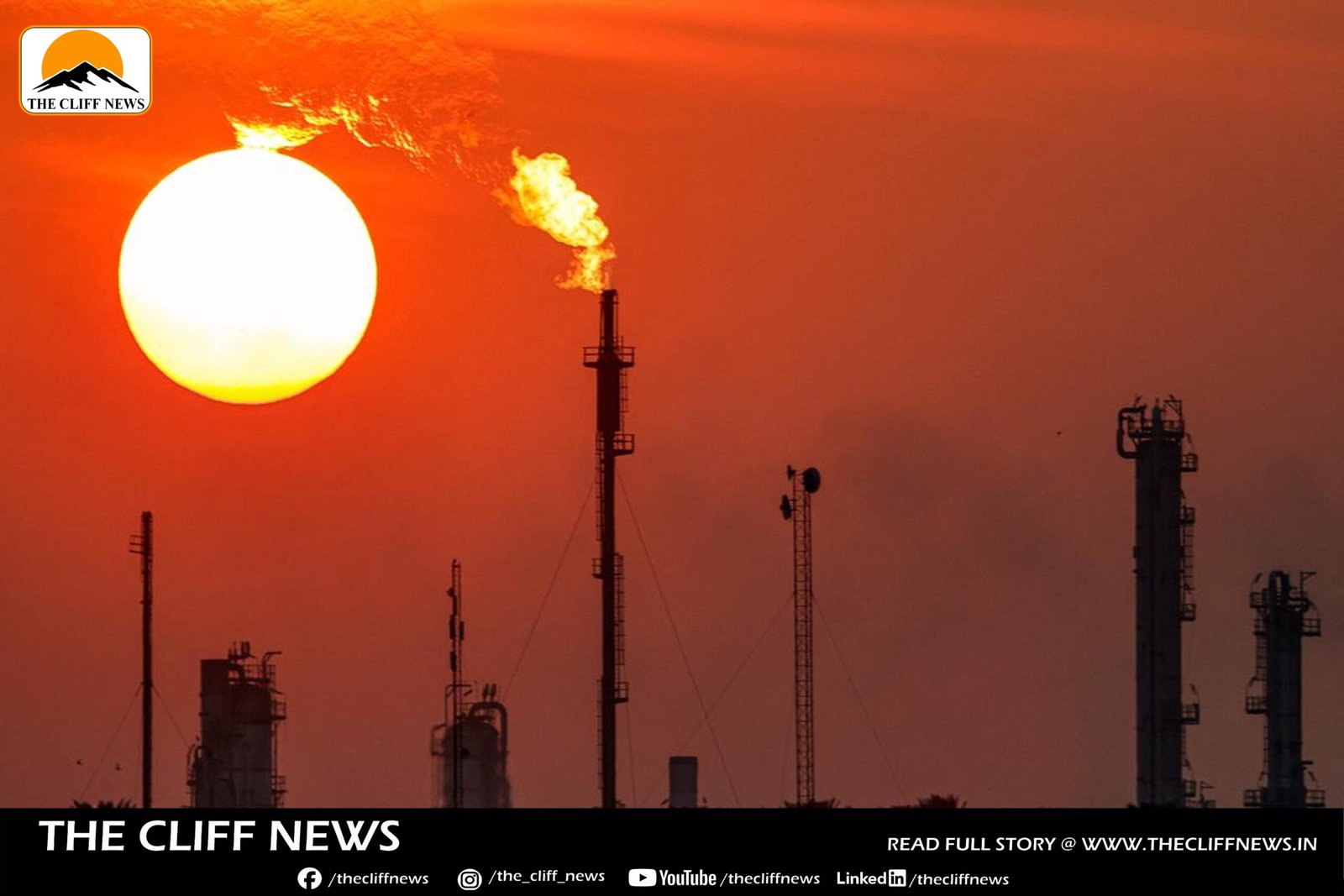The escalating conflict between Israel and Iran has sparked serious concerns for India’s economy, with analysts warning of a surge in oil import costs and significant disruptions to export routes. The situation worsened after Israel launched strikes on multiple Iranian nuclear and military sites early on Friday, June 13, prompting retaliatory drone attacks from Iran.
Global oil prices surged by nearly 8% in just one day following the strikes, fueling fears of inflationary pressure in India, which imports over 80% of its crude oil requirements. Although India currently imports only minimal oil from Iran due to U.S. sanctions, the ripple effects of the conflict are expected to be far-reaching.
Amit Kumar, Partner and Energy & Renewables Industry Leader at Grant Thornton Bharat, told that any disruption around the Strait of Hormuz—a critical chokepoint through which 20% of the world’s oil supply flows—could severely affect shipments from key Indian suppliers like Iraq, Saudi Arabia, and the UAE.
“The ongoing Iran-Israel conflict is likely to pose risks to oil supply… even if direct imports from Iran are minimal, global price spikes due to conflict will raise crude oil import costs,” Kumar said.
Trade experts also warn that the conflict could affect India’s export logistics. Pankaj Chadha, Chairman of the Engineering Exports Promotion Council of India, highlighted that tension in the Middle East could limit access to the Suez Canal and Red Sea shipping routes.
“With the Suez route compromised, ships will have to reroute via the Cape of Good Hope, adding 15–20 days of travel time and increasing shipping costs by $500–$1,000 per container. This effectively means a 40–50% hike in export costs,” Chadha explained.
Despite the initial spike in oil prices, some analysts believe the market may stabilize. Norbert Rücker, Head of Economics at Julius Baer, said, “This latest conflict eruption follows the usual pattern, with prices rising temporarily before returning to previous levels. The oil market remains resilient, with sufficient storage and spare capacity.”
Meanwhile, the price of gold has also spiked, crossing ₹1 lakh per 10 grams, as investors seek safer assets amidst global turmoil. Amit Jain, co-founder of Ashika Global Family Office Services, noted this trend is not merely short-term.
“In times of conflict and uncertainty, gold remains the go-to hedge… This is part of a broader uptrend fueled by central bank gold buying, weakening confidence in fiat currencies, and long-term inflation concerns,” he said.
As tensions in the Middle East continue, India faces a dual challenge of managing rising import costs and safeguarding its export economy, all while maintaining macroeconomic stability.



